Search
Search Results
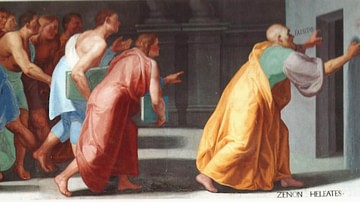
Article
The Art of Dialectic & Zeno of Elea
The creation of the art of dialectic is credited to Zeno of Elea, the philosophical champion of Parmenides’ claim that the essence of reality is One and unchanging. Zeno was Parmenides’ student and protégé and, in defending and defining his...
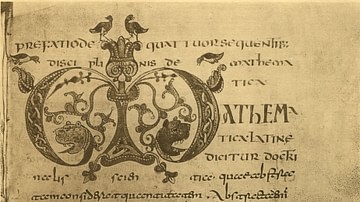
Definition
Etymologiae
The Etymologiae (Etymologies) is a Latin work by Isidore of Seville (l. c. 560 - 636 CE), compiled in the early 7th century CE and published in its final form shortly after his death. The book is a type of medieval encyclopedia and is a survey...
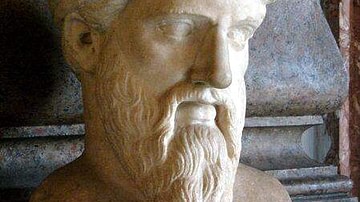
Definition
Pythagoras
Pythagoras (l.c. 571 to c. 497 BCE) was a Greek philosopher whose teachings emphasized the immortality and transmigration of the soul (reincarnation), virtuous, humane behavior toward all living things, and the concept of "number" as truth...
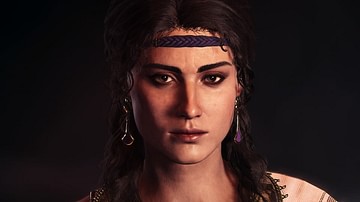
Definition
Aspasia of Miletus
Aspasia of Miletus (l. c. 470-410/400 BCE) is best known as the consort of the great Athenian statesman Pericles. Her life story has always been given in the shadow of Pericles' fame, but she was a woman of great eloquence and intelligence...
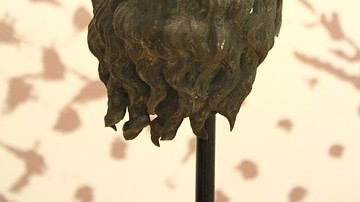
Definition
Gorgias
Gorgias (l. c. 427 BCE) was a Greek Sophist and philosopher, considered the greatest Rhetorician of his day. He is said to have created several aspects of public speaking still in use and to have mastered the art of persuasion, commanding...

Definition
Zeno of Elea
Zeno of Elea (l. c.465 BCE) was a Greek philosopher of the Eleatic School and a student of the elder philosopher Parmenides (l.c. 485 BCE) whose work influenced the philosophy of Socrates (l. c. 470/469-399 BCE). Zeno and Parmenides are both...
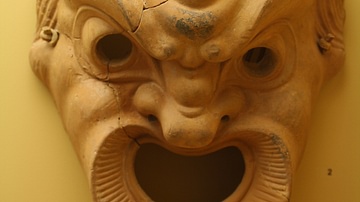
Definition
The Clouds
The Clouds is a comedy written c. 423 BCE by the Greek playwright Aristophanes (c. 448 BCE – c. 385 BCE). A failure at the Dionysia competition, finishing third out of three, it was revised later in 418 BCE but never produced in the author's...
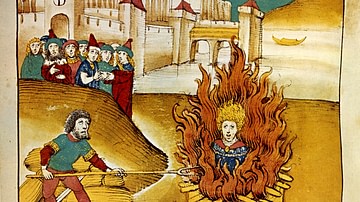
Article
Six Great Heresies of the Middle Ages
The medieval Church established its monopoly over the spiritual life of Europeans in the Early Middle Ages (c. 476-1000) and consolidated that power throughout the High Middle Ages (1000-1300) and Late Middle Ages (1300-1500). Along the way...
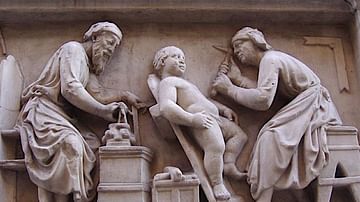
Article
Life in a Renaissance Artist's Workshop
The majority of great Renaissance works of art were produced in large and busy workshops run by a successful master artist and his team of assistants and apprentices. Here, too, more mundane art was produced in larger quantities to meet the...

Article
Historical Accuracy in the Film Agora
In 2009, film director Alejandro Amenabar brought the story of Hypatia of Alexandria (c. 370-415 CE) to the screen through the feature film Agora. Years later, the movie continues to draw criticism from Christian writers for its depiction...